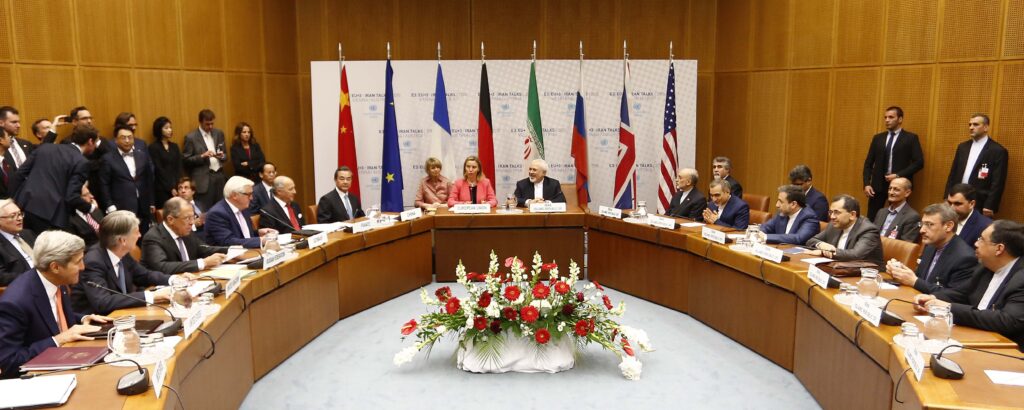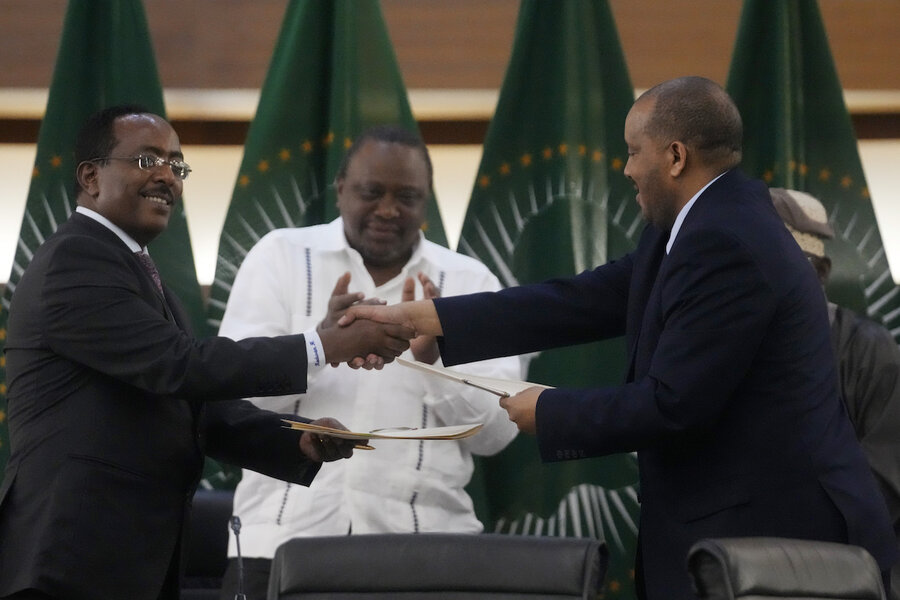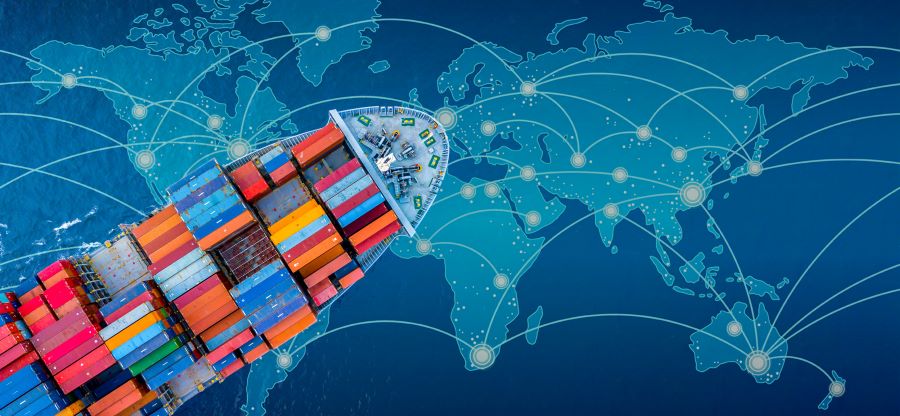Diplomatic negotiations shape relationships between nations and address complex international issues. They are at the center of global governance. Diplomacy plays a crucial role in fostering cooperation and maintaining global stability in a variety of contexts, including climate diplomacy, trade agreements, peace talks, and geopolitical tensions. This daily update provides an overview of the most recent happenings in diplomatic negotiations all over the world, focusing on important talks, agreements, and their broader repercussions for international relations.
Continuation of Diplomatic Talks Middle East Peace Talks New diplomatic initiatives aimed at resolving long-standing conflicts are continuing efforts to revive the Middle East peace process.
Conflict in Israel and Palestine:
The goal of the most recent talks, which were mediated by Egypt and the United States, was to reach a long-term ceasefire between Israel and Palestinian factions in Gaza.
There have also been efforts to address larger issues like Jerusalem’s status, economic development in the West Bank, and border security.
Even though immediate hostilities have been reduced, significant obstacles remain, particularly with regard to mutual recognition and the rights of displaced populations.
Implications for the Region:
Jordan and Lebanon, two of the neighboring nations, are keeping a close eye on the developments because these negotiations are crucial to the overall stability of the region.
Israel’s relations with other Arab nations, including those that have recently normalized ties under the Abraham Accords, could be impacted by the outcome of these talks.
The European Union and the United Nations, among others, continue to support a two-state solution as the foundation for long-term peace.
Negotiations for the Iran Nuclear Deal

The ongoing efforts to resurrect the Joint Comprehensive Plan of Action (JCPOA), more commonly referred to as the Iran nuclear deal, continue to be a major focus of international diplomacy.
Present Situation:
Parties working to resolve disagreements regarding nuclear compliance and sanctions relief have made intermittent progress during negotiations in Vienna.
Despite the United States’ desire for assurances regarding Iran’s compliance with nuclear restrictions, Iran has demanded that all sanctions imposed by the United States be lifted following their withdrawal from the agreement in 2018.
In addition to the initial signatories (Iran, the United States, the United Kingdom, France, Germany, Russia, and China), regional stakeholders who are concerned about Iran’s nuclear capabilities are also involved in the talks.
Strategic Value:
Iran and its regional rivals, such as Saudi Arabia and Israel, would benefit greatly from a successful agreement in preventing nuclear proliferation in the Middle East and easing tensions.
The negotiations could also result in an increase in Iranian oil exports, which would have significant repercussions for the global energy markets.
Diplomatic efforts are ongoing to ensure that any agreement addresses Iran’s regional activities, including its support for proxy groups, and the issue of its nuclear program.
Diplomatic Initiatives in the Making Strategic Dialogue Between the United States and China Tensions between the two countries have sparked a series of high-level diplomatic meetings aimed at managing their complicated relationship.
The Key Issues
Various topics, such as trade, technology, human rights, and security in the Asia-Pacific region, have been the focus of the ongoing discussions.
Despite the fact that there are still significant disagreements, particularly with regard to Taiwan and the South China Sea, both sides have expressed a desire to avoid conflict and manage competition in an ethical manner.
Due to their recognition of the significance of cooperating in order to address global environmental issues, climate change has emerged as a potential area of cooperation.
Impact on the World:
Since the United States and China are the two largest economies in the world, the outcomes of these talks will have a significant impact on global trade and economic stability.
Other Asian nations are keeping a close eye on the negotiations to see if there are any shifts in the relationship between the United States and China that could impact their own strategic calculations.
The international community is hopeful that ongoing dialogue will contribute to a more stable global order and lessen the likelihood of escalation.
Peace Talks in Ethiopia

Under the Direction of the African Union (AU) The African Union (AU) has taken the initiative in facilitating peace talks in Ethiopia, where a conflict in the Tigray region has resulted in a crisis for humanitarian aid.
Recent Happenings:
In an effort to negotiate a ceasefire and a political settlement, representatives of the Ethiopian government and Tigrayan forces have met through the AU’s mediation efforts.
Disarmament, humanitarian access, and the reintegration of Tigray into the national framework have been the main topics of discussion.
Although no comprehensive agreement has been reached, the peace talks have made some progress, with both sides agreeing to confidence-building measures.
Additional Implications:
The stability of the Horn of Africa, already beset by other conflicts and political unrest, depends on these negotiations succeeding.
The significance of African-led solutions to the continent’s problems, supported by the United Nations and other international partners, is emphasized by the AU’s participation in these discussions.
As part of the larger peace process, the international community continues to demand accountability for human rights violations committed during the conflict.
Negotiations on global issues with high stakes Climate Diplomacy Ahead of COP29 As the world gets ready for the 29th United Nations Conference on Climate Change (COP29), diplomatic efforts are getting stronger to get countries to make big promises to stop global warming.
Important Goals:
The Paris Agreement’s implementation details, including carbon markets, climate finance, and adaptation measures, are the primary focus of negotiations.
In order to deal with the effects of climate change, particularly in terms of loss and damage, developing nations are clamoring for greater financial assistance from richer nations.
National climate pledges (NDCs) are strongly encouraged to raise their ambition in order to achieve the target of limiting global temperature rise to 1.5 degrees Celsius.
Global Relevance:
The pace and scope of global climate action in the coming years will be heavily influenced by the outcomes of COP29.
To ensure that climate justice is a central component of global climate policy, diplomatic efforts are essential for bridging the gap between developed and developing nations.
Additionally, it is anticipated that non-state actors, such as businesses and civil society, will be the focus of the conference.
Complex trade negotiations and global supply chains

Continue to shape the global economy as nations attempt to overcome the obstacles posed by shifting supply chains and protectionist policies.
Recent Happenings:
Continuous discussions between the European Association and Mercosur (a South American exchange coalition) have zeroed in on settling an economic accord that would fundamentally increment monetary ties between the districts.
To address supply chain vulnerabilities, particularly in crucial industries like semiconductors and rare earth minerals, the United States is having discussions with key allies like Japan and the European Union.
The African Continental Free Trade Area (AfCFTA) is moving forward in Africa, with negotiations focusing on reducing trade barriers and harmonizing regulations among member states.
Political and economic effects:
The outcomes of these negotiations will have a significant effect on the patterns of global trade, which will have an impact on economic expansion, job creation, and innovation.
Reflecting the changing nature of global commerce, trade agreements are increasingly linked to broader issues like environmental protection, digital trade, and labor standards.
Diplomatic efforts are essential to ensuring that trade policies do not exacerbate inequality within and between nations and contribute to sustainable development.
End
Discretionary talks are at the very front of tending to the world’s most squeezing difficulties, from international pressures and compromise to environmental change and worldwide exchange. The willingness of nations to engage in dialogue, compromise, and cooperation is crucial to these endeavors’ success. The future of global governance and international relations will be shaped by these negotiations. Stay tuned for more information about the most recent developments in international diplomatic negotiations.



